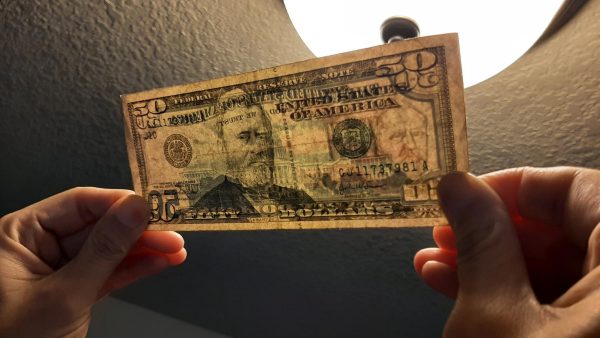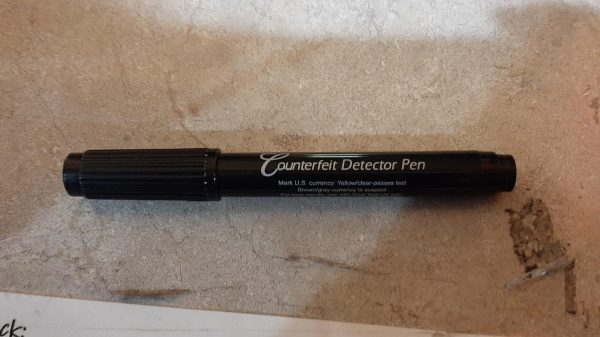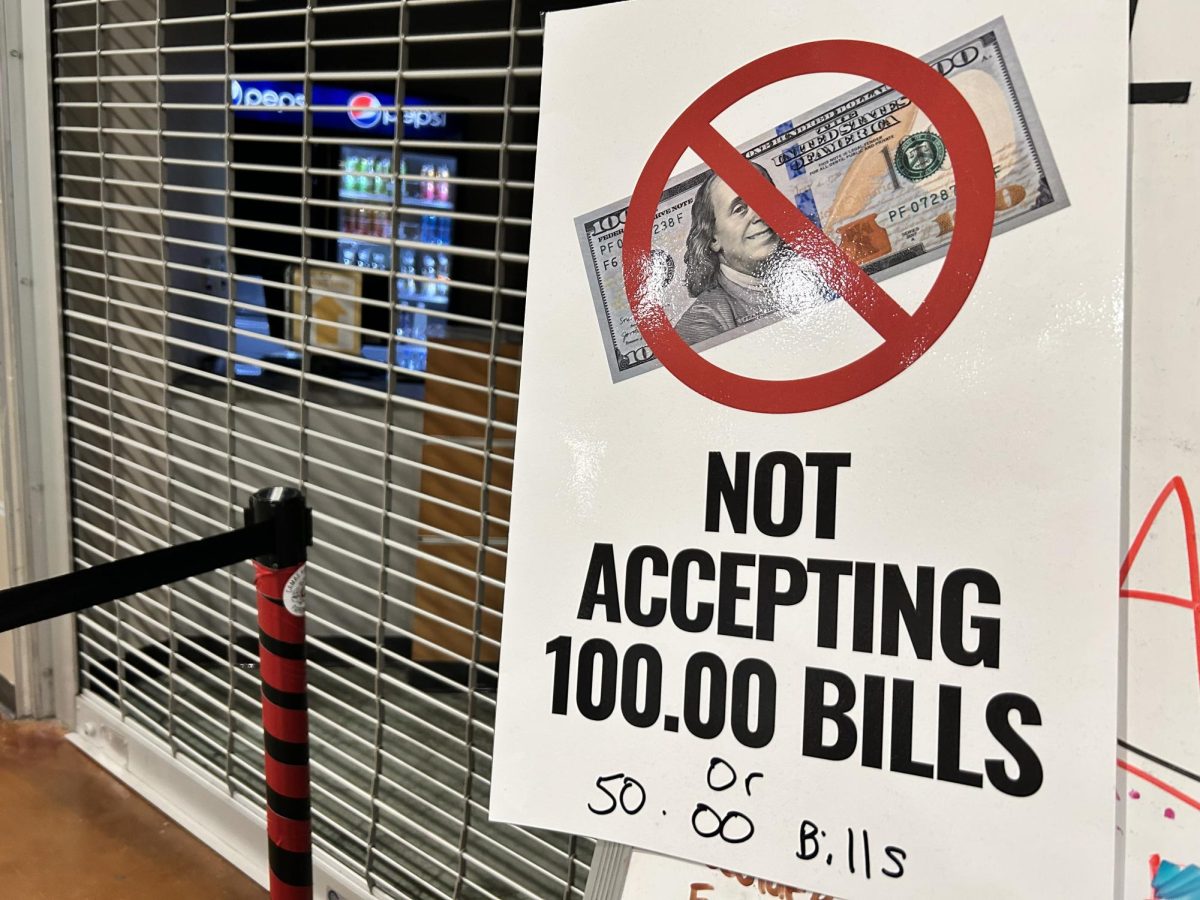Camas High School (CHS) received an influx of counterfeit bills in October. In an email sent to parents and students Oct. 11, the Camas School District (CSD) announced a change regarding payment policy.
“Due to an increase in counterfeit bills in the area, Camas School District will no longer accept $100 bills for payment, effective immediately.”
The policy was implemented by the CSD Business Services Department. CSD Business Services Director, Jasen McEathron, provided further insight into the policy change.
“We had two instances of similar counterfeit money coming into our system,” McEathron said. “This particular counterfeit money was very difficult to detect… After we received that second one we decided it was best to just stop receiving $100 bills.”
According to McEathron, two counterfeit $100 bills were received at CHS payment centers—one at an athletic event and one through a student store.
“What made this unique was that it was $100 bills, which is a large denomination, and that these particular bills were more difficult than most to see that they were not real,” McEathron said.
U.S. currency contains many anti-counterfeit measures such as color-shifting ink and an embedded security thread. When held up to a light, more valuable denominations include a portrait watermark in the background.

In the past, employees working the register have been trained to detect counterfeit bills and refuse them. With more convincing counterfeits, CSD payment centers have had to resort to other methods to identify counterfeit money.
“We purchased counterfeit pens that are now in our athletic cash boxes, at The Lunchbox, and at the ASB window,” ASB Class Treasurer and CHS senior Juliana Corbett said. “The counterfeit pens [have] a chemical reaction to the paper. You mark a bill and if the bill is real, [the ink turns] yellow. If it’s not real, then [the ink] either turns gray or black.”
Fellow CSD schools Discovery High School and Hayes Freedom High School have also purchased counterfeit pens.
“Prior to [counterfeit] pens, nobody would have known [that a bill was counterfeit]. You get handed a $100 bill and you give them change back. [You] don’t know [the bill is counterfeit] until later on when the bank tells you,” CSD School Resource Officer Brent Mayhugh said.
Counterfeiting money is a serious crime that CSD does not handle lightly. Certain aspects of the instances must be investigated to determine whether or not the person(s) who used the counterfeit bills did so intentionally.

“You have to look at intent. You have to investigate it and find out if they talked to other people. Did they tell friends that they were doing that? Is there some other evidence that suggests that they knew what they were doing?” Mayhugh said. “The crime has a definition: ‘knowingly, willingly, and for financial gain’.”
The crime of counterfeiting is considered a felony according to federal law. Depending on the severity of the infraction, a counterfeiter may face a sentence of up to 20 years in prison and a $250,000 fine.
“I didn’t realize how big of an issue [counterfeiting] was,” Corbett said. “We receive counterfeit [money] and then we [unknowingly] give back real money, so we are losing money.”
The CSD payment policy change is a necessary precaution that must be taken in cases like these. If left unaddressed, CSD could begin losing great sums of money.
“$100 [counterfeit] bills can amount to a fair amount. That would be $1200 in a year if [we] are getting one a month,” McEathron said.
However, the new policy will negatively affect well-intentioned students.
“Students paying for something at the ASB window, like AP tests for example, come with a $100 bill [to] pay for it and unfortunately we have to turn them away,” Corbett said.
“If we feel the risk [has] lowered, we’ll explore taking $100 bills in the future. It’s just a precautionary measure we felt we needed to take,” McEathron said.
The repercussions of such a serious crime are felt throughout the community—not only economically, but socially.
“[Counterfeiting] of course causes a little bit of dishonesty in our community… it affects everybody as a whole,” Corbett said.
Once the counterfeiting has died down, CSD can return to normal and accept all monetary denominations without fear of fraudulence. Until then, the district must continue enforcing the new policy to protect district resources.







































